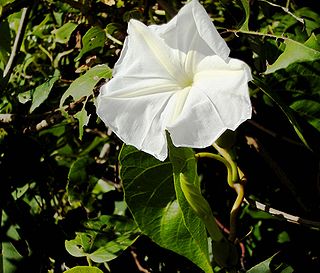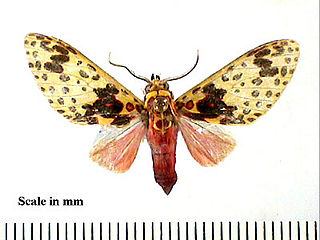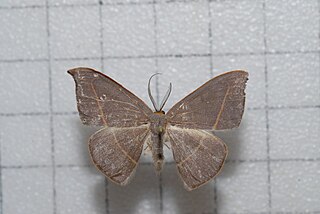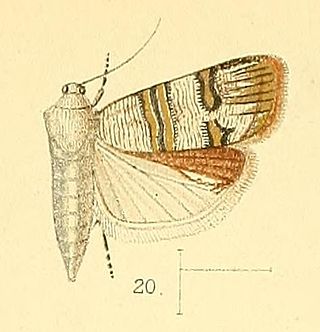Related Research Articles

The yellow-crowned night heron, is one of two species of night heron in genus Nyctanassa. Unlike the black-crowned night heron, which has a worldwide distribution, the yellow-crowned is restricted to the Americas. It is known as the bihoreau violacé in French and the pedrete corona clara or yaboa común in some Spanish-speaking countries.

Ipomoea is the largest genus in the plant family Convolvulaceae, with over 600 species. It is a large and diverse group, with common names including morning glory, water convolvulus or water spinach, sweet potato, bindweed, moonflower, etc. The genus occurs throughout the tropical and subtropical regions of the world, and comprises annual and perennial herbaceous plants, lianas, shrubs, and small trees; most of the species are twining climbing plants.

Ipomoea violacea is a perennial species of Ipomoea that occurs throughout the world with the exception of the European continent. It is most commonly called beach moonflower or sea moonflower as the flowers open at night.

Amaxia is a genus of moths in the family Erebidae erected by Francis Walker in 1855. The type species of the genus is Amaxia pardalisWalker, 1855.

Lacera is a genus of moths of the family Erebidae first described by Achille Guenée in 1852.

Microblepsis is a genus of moths belonging to the subfamily Drepaninae.

Plecoptera violacea is a species of moth of the family Erebidae first described by Pagenstecher in 1884. It is found from Sundaland east to New Guinea, New Caledonia and Fiji.

Hypocala violacea is a species of moth of the family Erebidae first described by Arthur Gardiner Butler in 1879. It is found in the Indo-Australian tropics of India, Sri Lanka, and Myanmar.
Similipepsis typica is a moth of the family Sesiidae. It is known from Cameroon, Equatorial Guinea, Sierra Leone and Zimbabwe.
Coleophora violacea is a moth of the family Coleophoridae. It is found from Fennoscandia to the Pyrenees, Italy and Hungary and from Great Britain to Russia.

Habrosyne is a genus of moths belonging to the family Drepanidae. It was first described by Jacob Hübner in 1816.

Nigilgia is a genus of moths in the family Brachodidae.
Scopula violacea is a moth of the family Geometridae. It is found in India (Sikkim).
Afrasura violacea is a moth of the subfamily Arctiinae. It is found in the Democratic Republic of Congo, Ghana, Kenya, Rwanda, and Uganda.

Chionodes violacea is a moth of the family Gelechiidae. It is found from Scandinavia to Russia and Mongolia.
Clepsis violacea is a species of moth of the family Tortricidae. It is found in Mongolia.
Lacera violacea is a moth of the family Erebidae. It is found on the New Hebrides and Vanuatu.
Spatalistis violacea is a species of moth of the family Tortricidae. It is found in Papua New Guinea.
Metaxaglaea violacea, the holly sallow, is a species of cutworm or dart moth in the family Noctuidae. It is found in North America.
The Tinthiinae are a subfamily of clearwing moths, first established in 1917 by Ferdinand Le Cerf.